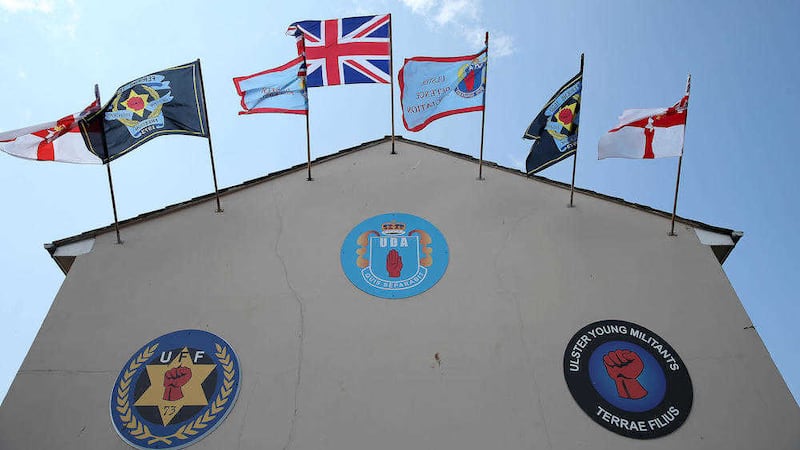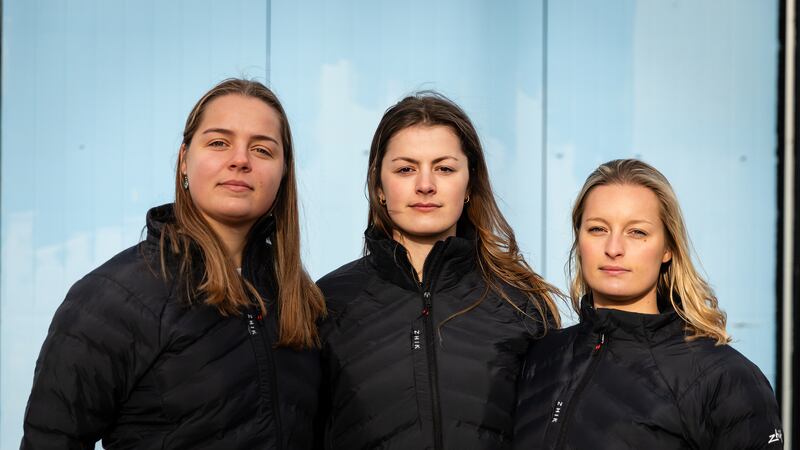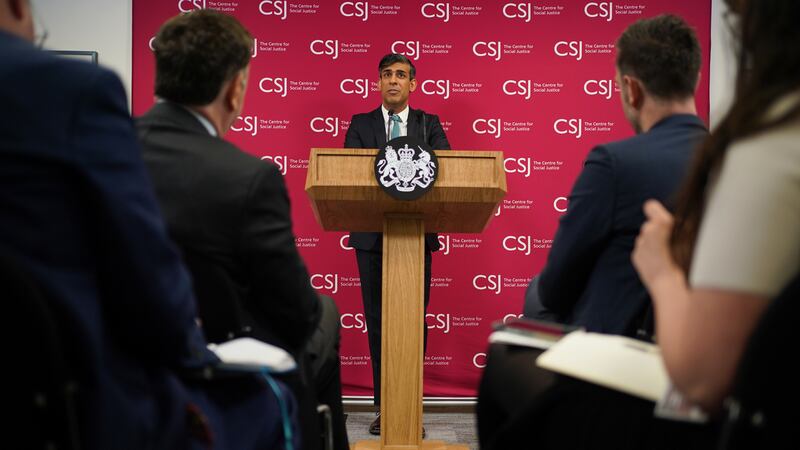PARAMILITARY assaults by loyalists are at their highest level in six years.
While PSNI figures show shootings have declined significantly, the number of people being beaten in loyalist areas is on the increase.
In the last year more than 80 per cent of all paramilitary-style assaults were carried by loyalists, despite the main organisations being on ceasefire.
Of 58 assaults reported between June 2015 and the end of May this year, republican groups were blamed for 11. Loyalists were responsible for the other 47, the highest number recorded since 2009/2010.
The actual figure is likely to be higher given that not all victims who present themselves in hospital for treatment report paramilitary involvement in the attack.
However, the number of paramilitary-style shootings has decreased significantly.
In the last 12 months there have been 14 recorded shootings. Republicans were responsible for 13 and loyalists for one. That was less than half the number of people shot during the previous year, when 36 attacks took place. Republicans were responsible for 30 of those shootings and loyalists for six.
Father-of-two Conor McKee was shot dead in his parents' north Belfast home in January this year by dissident republicans believed to be connected to a faction of the INLA.
Taxi driver Michael McGibbon also died after being shot in an alleyway close to his Ardoyne home in May.
The 'IRA' claimed responsibility for the attack but denied that it had intended to kill the 33-year-old.
A report by a panel on the disbandment of paramilitary groups, set up following the murders of Gerard 'Jock' Davison and Kevin McGuigan last year, made a series of recommendations earlier this month.
The report dealt primarily with groups on ceasefire, with dissident republicans not engaging directly with the three-person panel made up of former politicians Lord Alderdice and Monica McWilliams and solicitor John McBurney.
It noted that the nature of attacks by paramilitary groups had changed, saying "the majority of attacks now appear to be conducted against members of their own community".
First Minister Arlene Foster said an action plan based on the panel's proposals - which included a new decommissioning scheme - will be drawn up this month.
TUV leader Jim Allister said the police figures are "indicative of the suppression of some communities by paramilitary godfathers".
"This has been tolerated for far too long and must be seen in context of the (peace) process being more important than law and order," he said.








